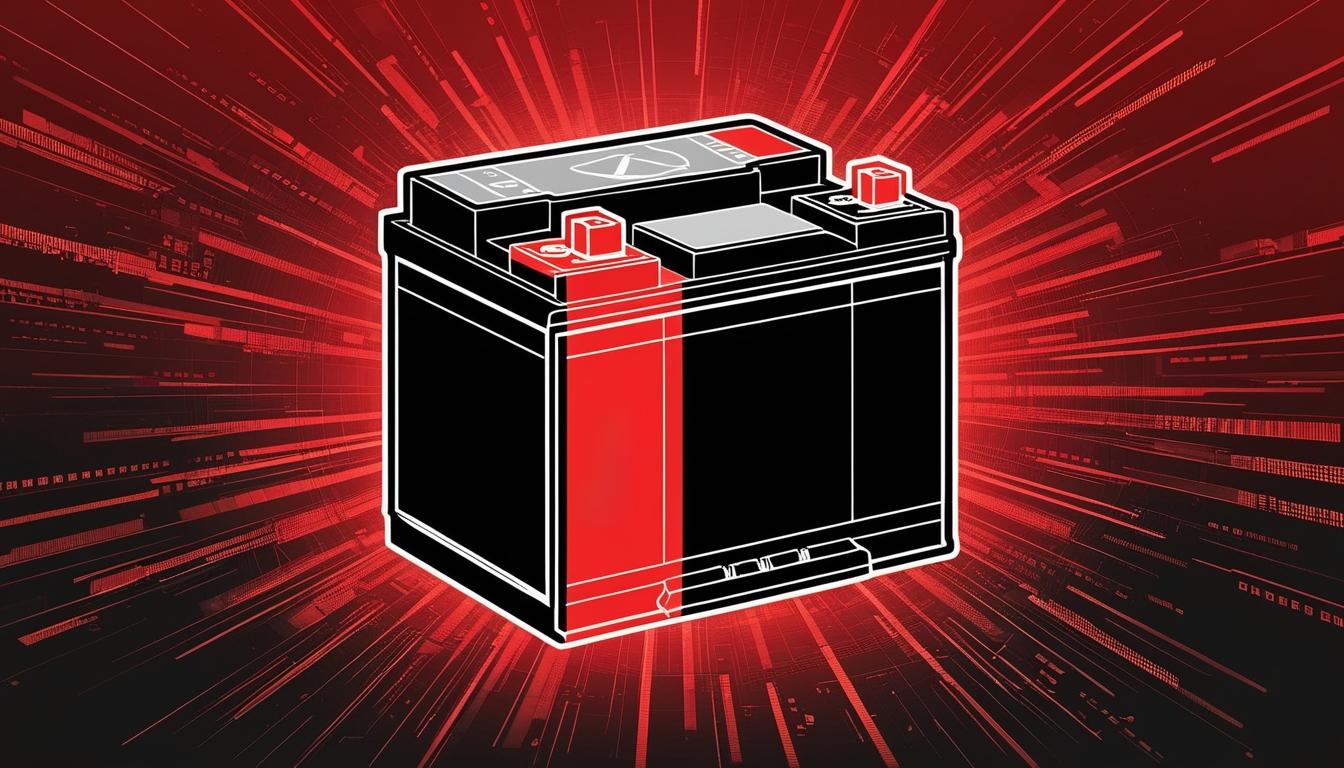Supply chain management in the automotive industry has always been a complex and risk-laden endeavour for manufacturers. A myriad of components must be coordinated to create a fully functioning vehicle, making any disruption in the supply chain potentially catastrophic. The range of threats includes everything from natural disasters and geopolitical events to shifts in trade policy and unexpected supplier failures. These risks highlight the intricate web of dependencies that automakers must navigate to maintain their production lines.
The situation has become even more complicated with the growing demand for electric vehicles (EVs). This demand introduces a new bill of materials (BOM) that specifically includes the essential components required for EV batteries. As automakers transition towards electric mobility, vulnerabilities in supply chains are magnifying, posing significant challenges for manufacturers.
Anders Lillevik, Chief Executive and Founder of supply chain software start-up Focal Point, shared insights on this evolving landscape. With over twenty years of experience as a Chief Procurement Officer, Lillevik has observed first-hand the critical role of adaptive and responsive procurement strategies in mitigating supply chain risks. Speaking to Automotive World, Lillevik stated, “The shift towards electric vehicles is not just a technological change but also a profound shift in our entire supply chain approach.”
As the automotive industry evolves, the integration of new technologies into supply chain management becomes paramount. Manufacturers are increasingly looking toward artificial intelligence (AI) and automation to enhance their operational resilience. These emerging technologies promise to streamline processes, improve forecasting accuracy, and enhance overall efficiency, ultimately reducing the susceptibility of supply chains to various disruptions.
Industry forecasts suggest that as the demand for EVs continues to rise, with significant investment being poured into the development of battery technologies and associated materials, the importance of robust and agile supply chain systems will only intensify. Companies that can adapt to these changes and implement innovative technological solutions are likely to thrive in this increasingly competitive environment.
The automotive landscape is undoubtedly facing a transformation, marked by both challenges and opportunities, as companies seek to reimagine their supply chain strategies to align with the future of mobility.
Source: Noah Wire Services
